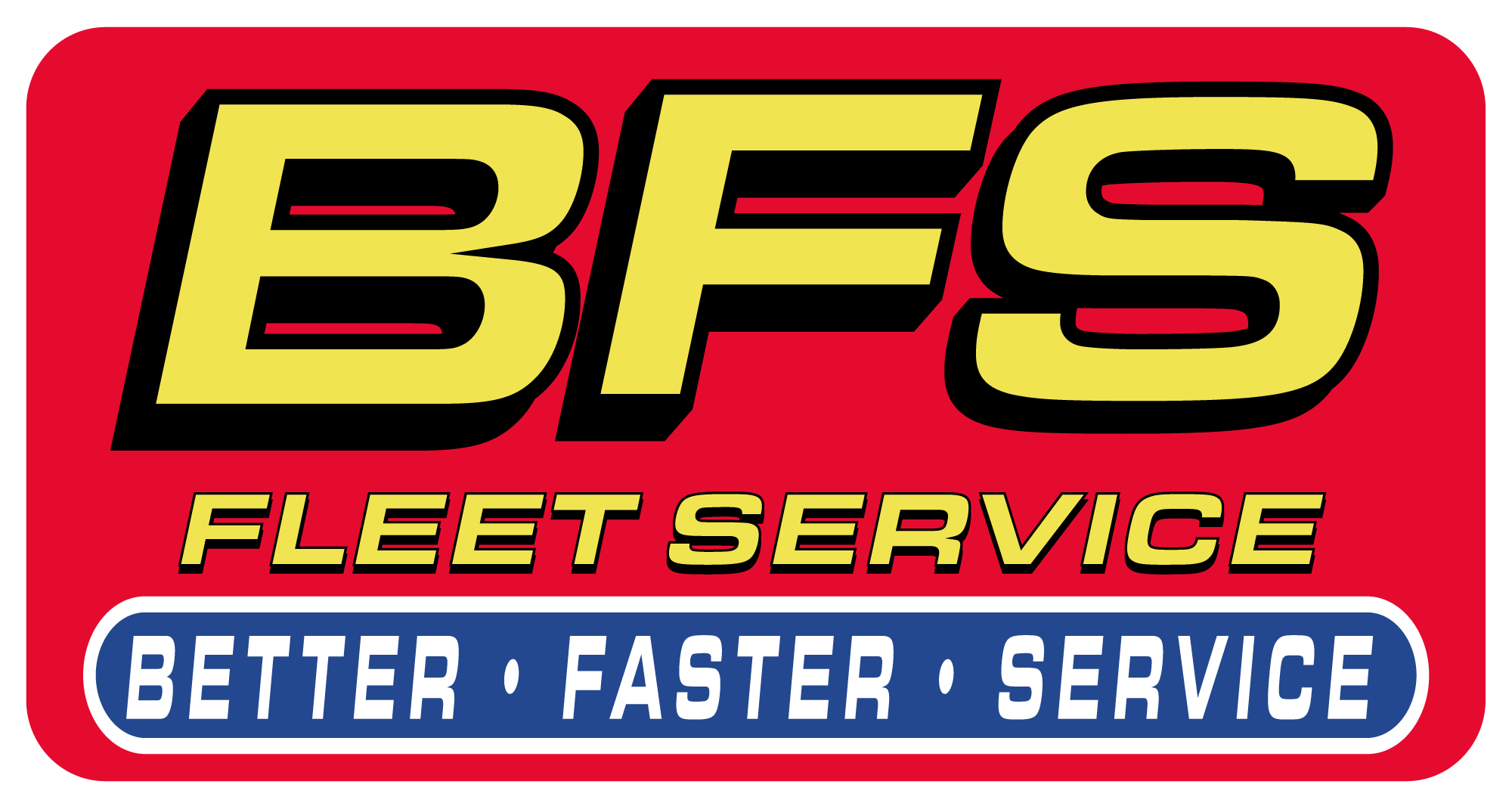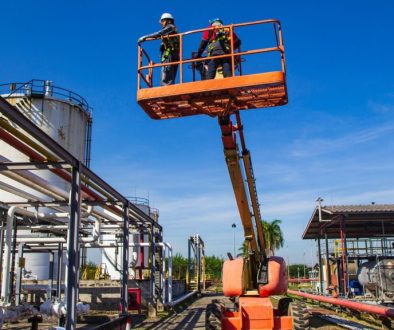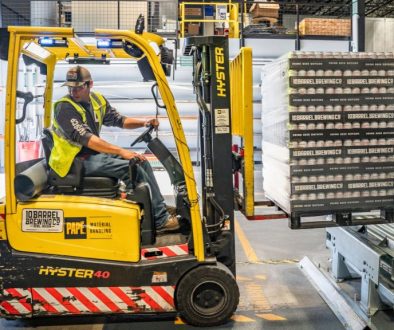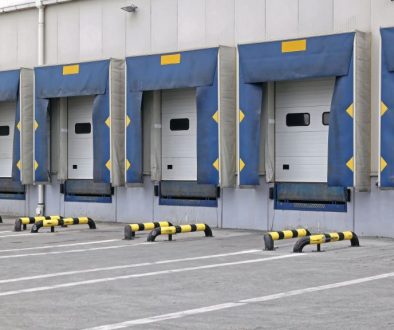Smart Strategies That Save Thousands on Fuel Without Investing in New Vehicles
Fuel Prices Are Unpredictable—Your Costs Shouldn’t Be
Every fleet manager knows the pain of fluctuating fuel prices. One month, diesel is manageable. The next, it spikes, slashing your profits and making every trip more expensive.
- You can’t control fuel prices, but you can control fuel efficiency.
- Your fleet might be burning thousands of extra dollars in wasted fuel.
- Small changes to maintenance and driver habits can lead to huge savings.
At BFS Fleet Service, we’ve helped fleets cut fuel costs by 10-20%—without replacing a single truck. Here’s how.
Related: Book a Fleet Efficiency Assessment
1. Reduce Fuel Waste With Regular Engine Maintenance
Your trucks don’t need to be brand new to run efficiently—but they do need to be properly maintained.
- Dirty air filters reduce airflow and force the engine to work harder.
- Old fuel filters allow contaminants to clog injectors, reducing combustion efficiency.
- Skipping oil changes increases engine friction, leading to wasted fuel.
One fleet we worked with was losing $15,000+ per year in extra fuel costs—all because they ignored minor maintenance. A simple tune-up saved them thousands.
How We Help:
- Air & fuel filter replacements for optimal fuel burn
- Regular oil changes with the correct viscosity for efficiency
- Engine performance diagnostics to identify fuel-wasting issues
Related: Fleet Engine & Fuel System Services
2. Align Your Tires & Save Thousands on Fuel
Most fleet managers only think about tire wear, but alignment is just as important for fuel economy.
- Misaligned tires increase rolling resistance, forcing the engine to work harder.
- Underinflated tires reduce fuel efficiency by up to 3% per truck.
- Improper balance causes uneven wear, shortening tire life and costing even more money.
One trucking company saw a 12% increase in fuel costs—all because of misalignment issues.
How We Help:
- Routine fleet tire alignments to reduce resistance
- Tire pressure monitoring to prevent underinflation
- Balancing & rotation to maximize longevity and efficiency
Related: Fleet Tire & Alignment Services
3. Eliminate Excess Idling—It’s Draining Your Budget
Many fleet managers don’t realize how much idling time is costing them.
- An idling truck burns up to 1 gallon of fuel per hour.
- Long-haul trucks can waste over $6,000 per year in idle time alone.
- Idling increases engine wear, leading to higher maintenance costs.
One fleet saved $40,000 annually just by implementing anti-idling policies and software to monitor engine runtime.
How We Help:
- Idle reduction training for drivers
- Engine diagnostics to detect excessive idling patterns
- Smart idle shut-off programming for cost savings
Related: Fleet Fuel Efficiency Services
4. Train Drivers on Fuel-Saving Driving Habits
The way your drivers accelerate, brake, and shift gears directly impacts fuel consumption.
- Aggressive acceleration burns more fuel than steady acceleration.
- Late braking wastes energy and wears down brake pads.
- Ignoring cruise control leads to inconsistent speeds and higher fuel use.
A logistics company reduced their fuel costs by 18% just by training drivers to use cruise control, reduce aggressive acceleration, and shift efficiently.
How We Help:
- Driver training sessions focused on fuel economy
- Telematics-based coaching to improve real-world performance
- Speed limiter programming to prevent excessive fuel burn
Related: Fleet Driver Efficiency Training
5. Reduce Weight and Drag for Instant Fuel Savings
Every 1,000 lbs of unnecessary weight reduces fuel economy by about 2%—which means hauling extra, nonessential cargo is eating into your profits.
- Excess equipment & cargo adds unnecessary weight.
- Roof racks, extra attachments, and poorly streamlined trailers increase drag.
- Unsecured loads shift during travel, making engines work harder.
One company removed excess tools and nonessential gear from their trucks and saw a 5% improvement in fuel efficiency overnight.
How We Help:
- Fleet weight audits to identify unnecessary loads
- Aerodynamic modifications to reduce wind resistance
- Trailer maintenance for improved airflow and performance
Related: Fleet Efficiency Upgrades
Final Thoughts: Fuel Efficiency Is About Strategy, Not Luck
You don’t need a new fleet to cut fuel costs—you just need the right maintenance, training, and operational adjustments.
- The smartest fleets maximize every gallon.
- Small changes add up to huge savings.
- Fuel efficiency is an investment, not an expense.
Next Steps:
- Schedule a Fleet Fuel Efficiency Consultation to see where you’re wasting money.
- Explore Our Fleet Maintenance & Efficiency Services




